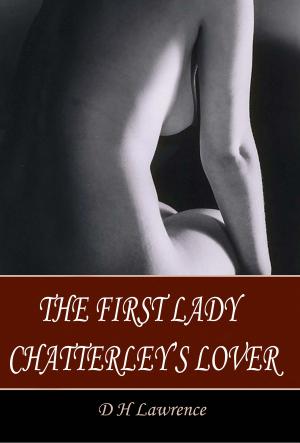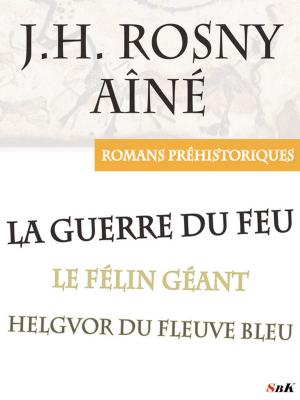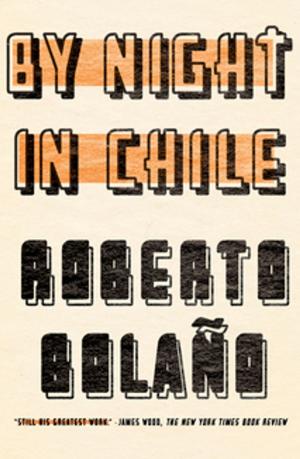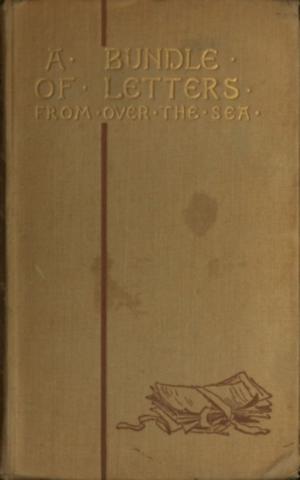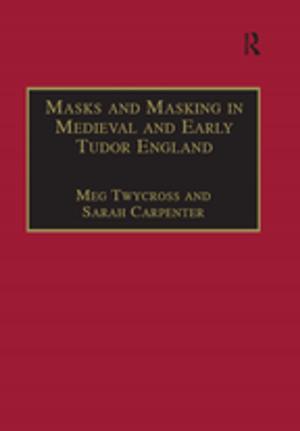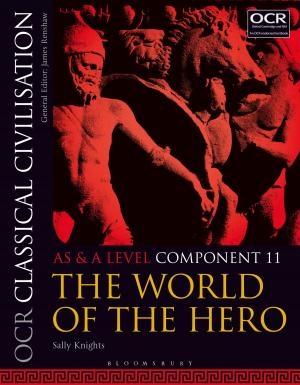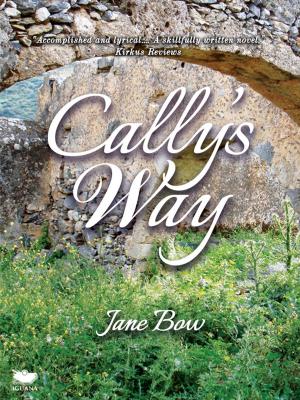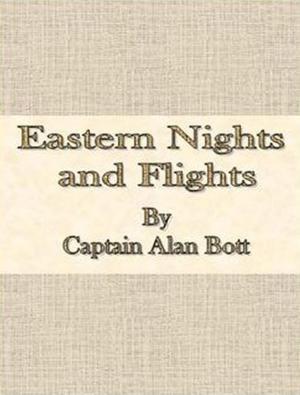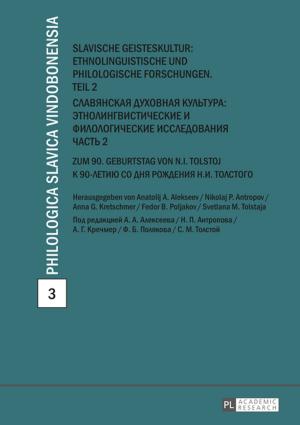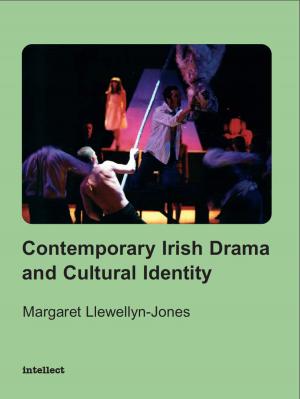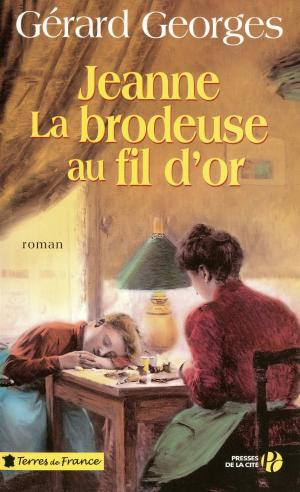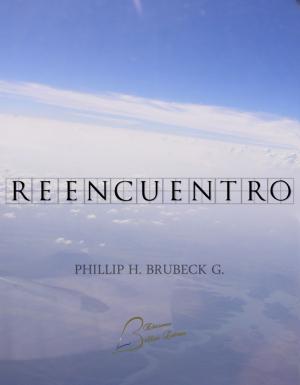| Author: | Lucy Simister | ISBN: | 9781311220462 |
| Publisher: | Lucy Simister | Publication: | June 21, 2015 |
| Imprint: | Smashwords Edition | Language: | English |
| Author: | Lucy Simister |
| ISBN: | 9781311220462 |
| Publisher: | Lucy Simister |
| Publication: | June 21, 2015 |
| Imprint: | Smashwords Edition |
| Language: | English |
This is a book that looks at her life under a microscope for the few precious years of her life when she was staying in Torquay. It is also a social history of Torquay in the Victorian times. It gives you a domestic insight into her everyday life by describing what she could see around her, who her friends were, what she said and did.
The picture emerges of young talented woman who writes which such emotional vividness.
Elizabeth had many relatives already living in Torquay - she described it as a colony. It is remarkable how the people around her were all to be become part of the fabric of literary history. She borrowed a book from the young Theodosia Garrow who would later marry Thomas Trollope; later their daughter would be playing with Elizabeth and Robert Browning’s son in Italy. Then Thomas Trollope married Frances Ternan’s sister who was having an affair with Charles Dickens. Real life as it happens.
This book owes much to her correspondence with the amazing Mary Mitford, a remarkable person and a professional writer. By ‘professional’ I mean she was a commercial and prolific playwright and was instrumental to the success of so many writers, actors and artists. She remained Elizabeth’s literary agent all of her life.
Elizabeth had been thrown from a horse when she was fourteen damaging both her spine and her lungs, having just recently survived Smallpox her doctor prescribed a change of air away from the sooty atmosphere that was then industrial London.
Her life in Torquay was to change everything. There were fun times: carol singing till the early hours with Florence Nightingale and family; going to parties; bracing carriage rides up and down the sea front. Sadly her ‘bro’ (as she called him) Edward drowned in a yachting accident with several of his friends. Her grief sent her to the depth of despair - Edward and her had that morning parted on an argument. Elizabeth blamed herself for she had pleaded with her father to let him stay in Torquay rather than return to London.
Elizabeth Barrett was a poet whose work could be so romantic yet her poem ‘The Cry of the Children’ had the same effect that Charles Dickens achieved with `A Christmas Carol’, it being both brutal and shocking, `social comment that has never been bettered.’
This is a book that looks at her life under a microscope for the few precious years of her life when she was staying in Torquay. It is also a social history of Torquay in the Victorian times. It gives you a domestic insight into her everyday life by describing what she could see around her, who her friends were, what she said and did.
The picture emerges of young talented woman who writes which such emotional vividness.
Elizabeth had many relatives already living in Torquay - she described it as a colony. It is remarkable how the people around her were all to be become part of the fabric of literary history. She borrowed a book from the young Theodosia Garrow who would later marry Thomas Trollope; later their daughter would be playing with Elizabeth and Robert Browning’s son in Italy. Then Thomas Trollope married Frances Ternan’s sister who was having an affair with Charles Dickens. Real life as it happens.
This book owes much to her correspondence with the amazing Mary Mitford, a remarkable person and a professional writer. By ‘professional’ I mean she was a commercial and prolific playwright and was instrumental to the success of so many writers, actors and artists. She remained Elizabeth’s literary agent all of her life.
Elizabeth had been thrown from a horse when she was fourteen damaging both her spine and her lungs, having just recently survived Smallpox her doctor prescribed a change of air away from the sooty atmosphere that was then industrial London.
Her life in Torquay was to change everything. There were fun times: carol singing till the early hours with Florence Nightingale and family; going to parties; bracing carriage rides up and down the sea front. Sadly her ‘bro’ (as she called him) Edward drowned in a yachting accident with several of his friends. Her grief sent her to the depth of despair - Edward and her had that morning parted on an argument. Elizabeth blamed herself for she had pleaded with her father to let him stay in Torquay rather than return to London.
Elizabeth Barrett was a poet whose work could be so romantic yet her poem ‘The Cry of the Children’ had the same effect that Charles Dickens achieved with `A Christmas Carol’, it being both brutal and shocking, `social comment that has never been bettered.’



